It has been half a century since the enactment of the Civil Rights Act, which ended segregation in public places and made employment discrimination illegal. The act was proposed by President John F. Kennedy, and shortly after his tragic death, President Lyndon B. Johnson pursued Kennedy’s proposal. More than 50 years later, America is once again torn and destructed by racial violence. The “LBJ” film is hangs in a critical moment in America right now because this movie reflects the American spirit wanting moving toward racial equality and putting an end to racial violence and discrimination.
Woody Harrelson takes on the role of a historical American figure who was deeply insecure, politically driven and faced with unimaginable odds; Lyndon B. Johnson.
“LBJ” is a political-drama film which premiered at the Brattle Theatre on Wednesday.The movie was directed by Rob Reiner whose intention in producing this film “was to show the political turmoil that Vice President LBJ was faced with after the assassination of Kennedy” said Reiner. The film captured this pivotal moment in American history by showing it through the lense of Johnson, in addition to capturing the true essence of his character, his motivations and his legacy.
Reiner expressed the significance behind focusing the plot of the film on an extremely precise and short span of LBJ’s career.
“I figured if we could hone in on the time of his life when he was under the most pressure, that would really tease out who he was,” said Reiner in an interview that followed the screening of “LBJ.”
Woody Harrelson starred as Lyndon B. Johnson and took on the role of a man who was propelled into the presidency by the means of an assassin’s bullet.
In the interview which followed the private viewing of the film, Harrelson said, “I think at this time in his life he suddenly had the power thrusted upon him and he decided to use it for a good thing. He knew it was time to push forward the Civil Rights Act.”
The film was inspired by Johnson’s dear friend and prior co-worker Doris Kearns Goodwin’s biography, “Lyndon Johnson and the American Dream.”
“Doris’ insight to LBJ gave us the full picture of who this man was.” said Reiner.
Goodwin discussed her relationship to Johnson and declared that it was “eerie” for her to see him come to life again in this film.
“What the film captures, which is so important, is that his presidency is the tale of two presidencies,” said Goodwin.
Goodwin stated what she believed to be true of Johnson, “the convictions he had for wanting to use power for something that mattered were absolutely real.”
The film certainly opened a door for people to create a new, clearer or altered perceptions of Lyndon B. Johnson and his career. This was a main goal of Reiner’s, who claimed that most people tend to have a distorted image of Johnson.
“I was of draft age during the Vietnam War and I hated LBJ between spending time in politics, policy, and government and discovering how difficult it is to move an agenda forward, I got a greater appreciation of LBJ,” said Reiner.
Lyndon B. Johnson’s many accomplishments despite his unexpected presidency are depicted, as well as the struggles he faced and the man he was.
“What he did socially and economically for the country deserves to be remembered,” said Goodwin.
This film achieves just that- his legacy is certainly being reintroduced and his memory brought back to life.
“LBJ” is set to be released on Nov. 3.


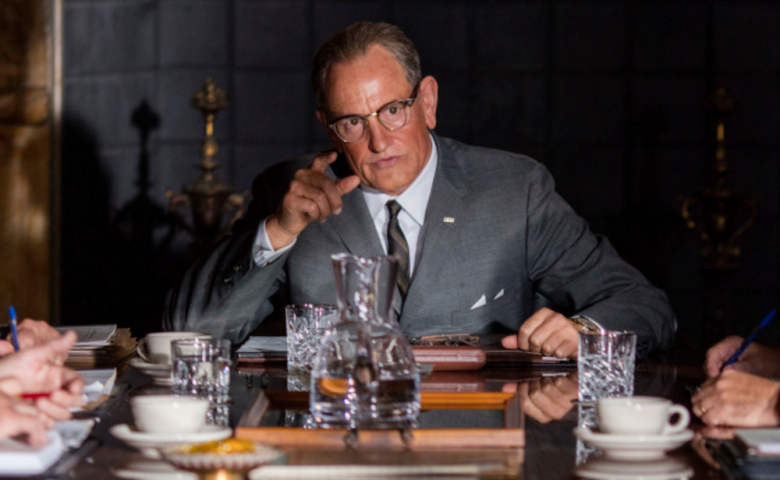












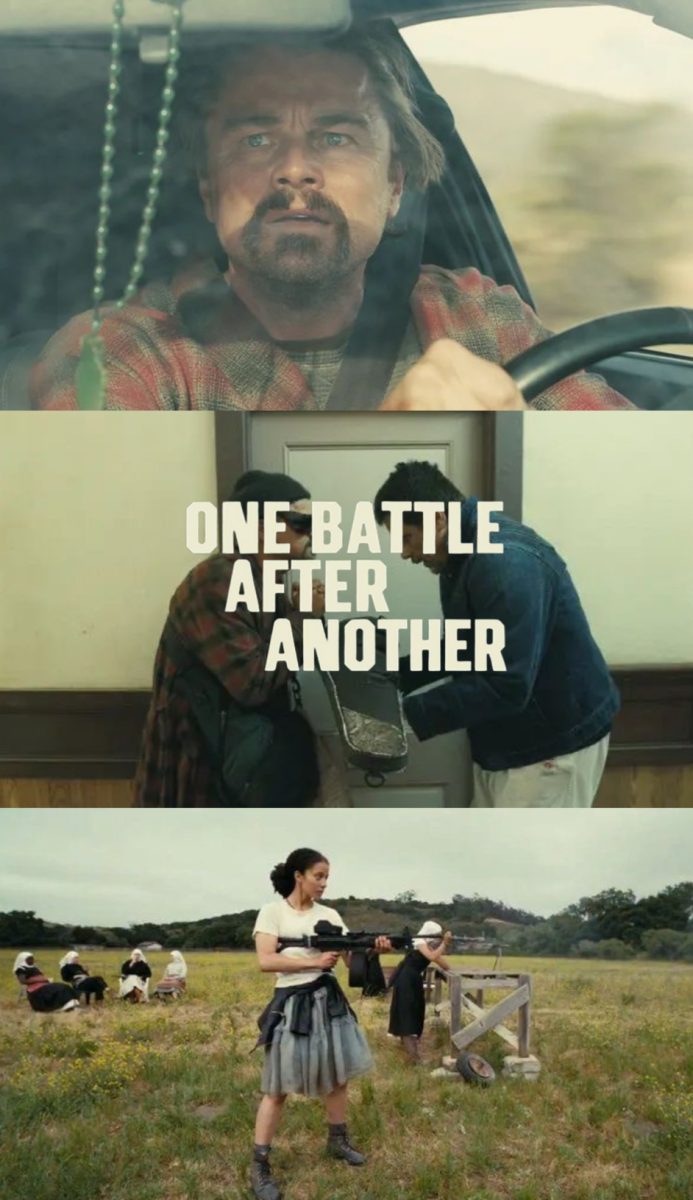
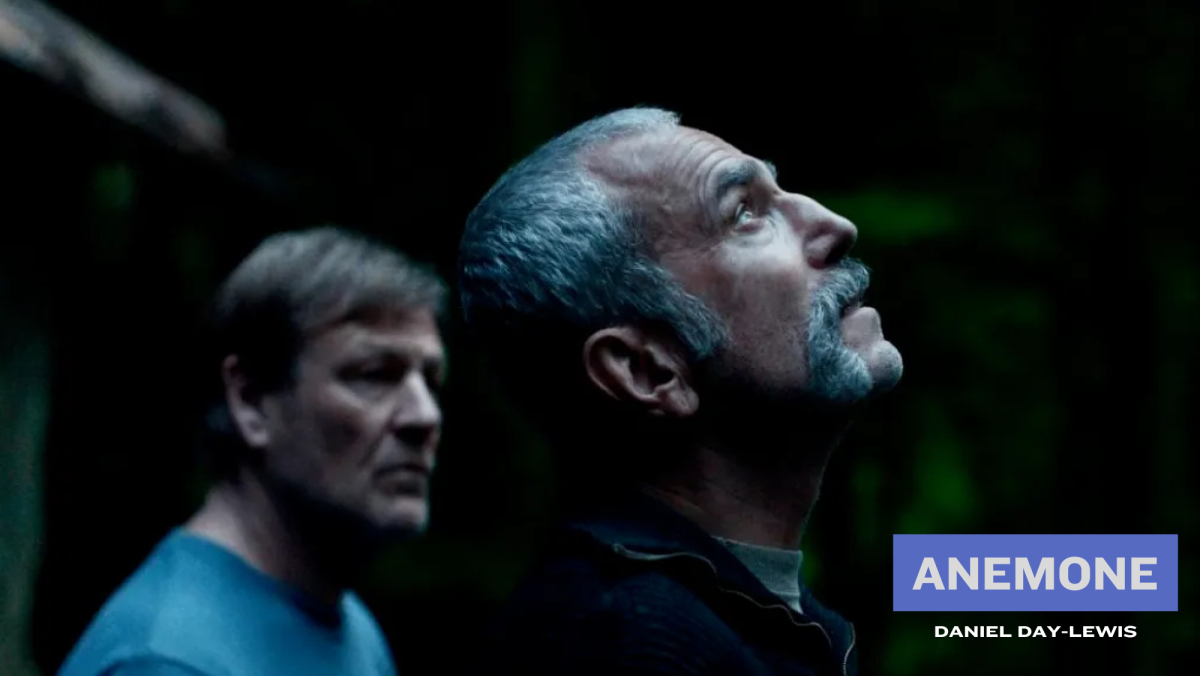
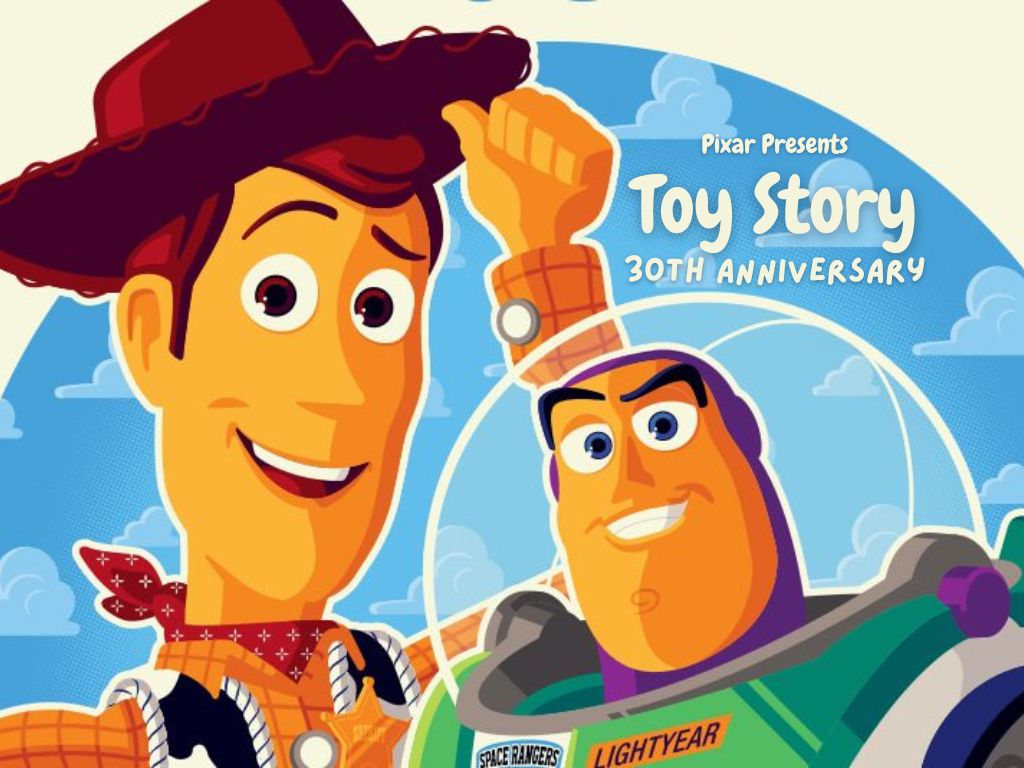

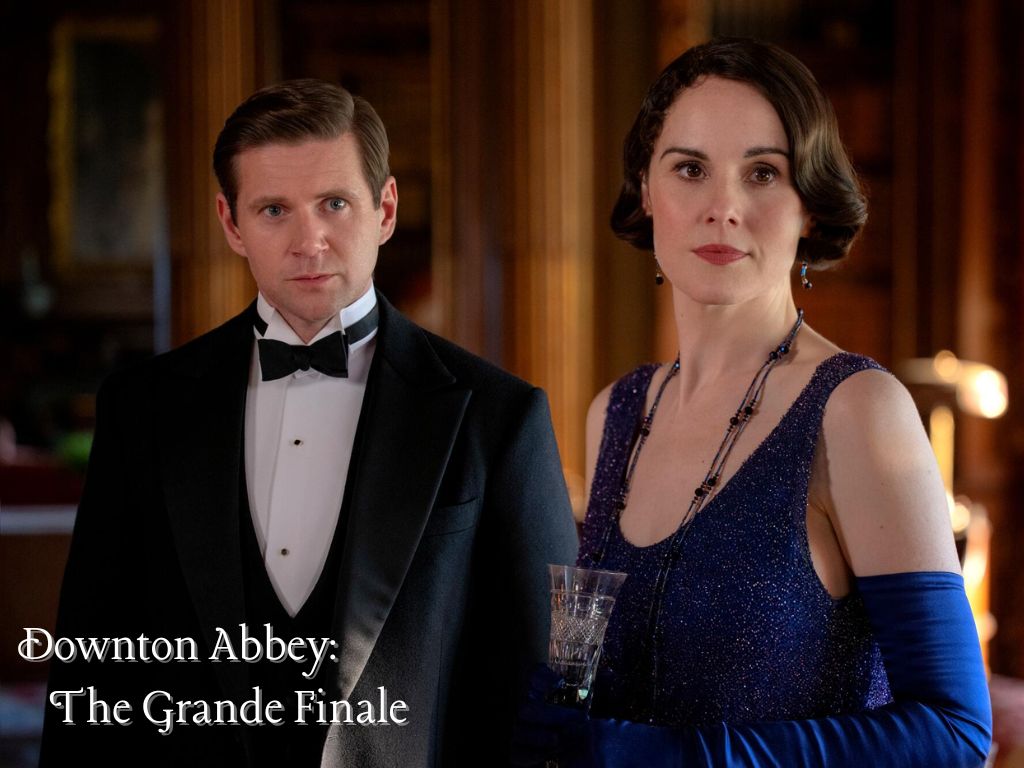
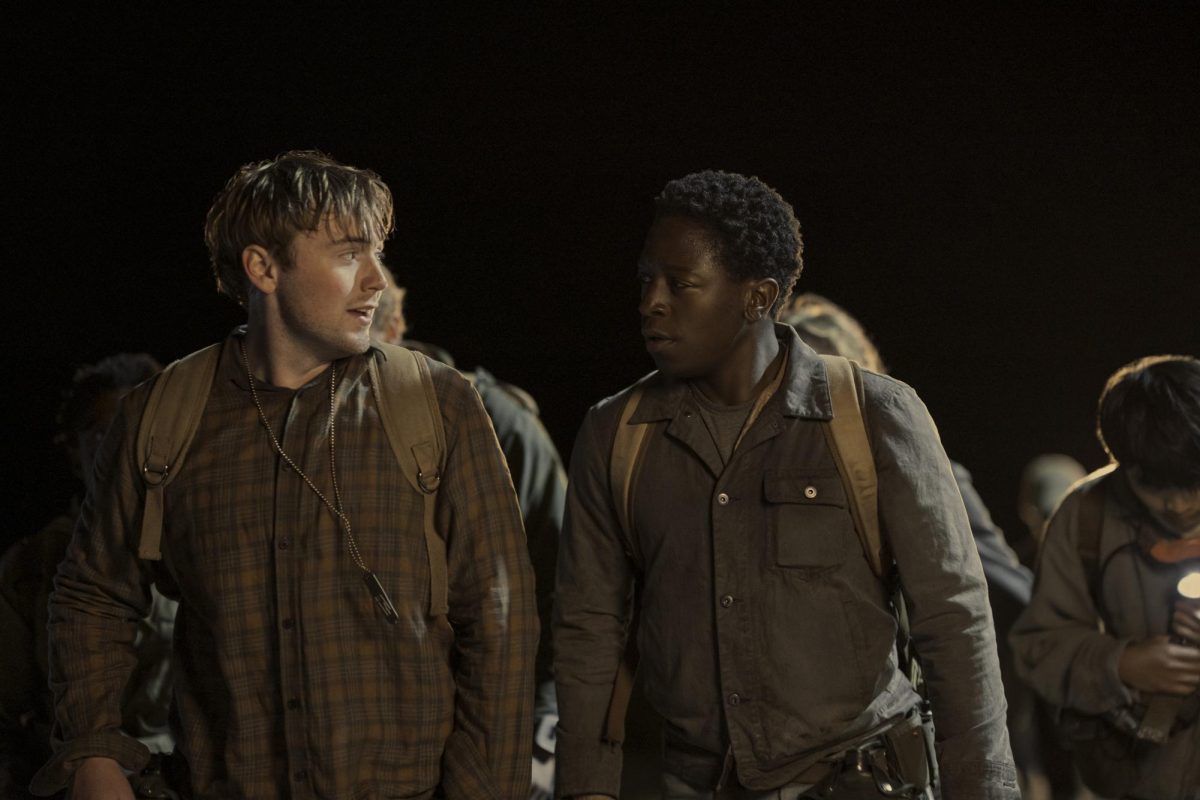
Julia Leissl • Oct 25, 2017 at 4:36 pm
LBJ
He voted against the Civil Rights bill each and every time it was presented. He voted against the
Anti-Lynching bill many times as well. He voted for the poll tax, each time citing States Right.
If it hadn’t been for he and Richard Russell obstructions, there would have been civil rights legislation years ago, during the Truman years
He didn’t have a change o f conscience , he saw an opportunity to make himself look good!!!!
What he couldn’t buy he stole!
AND HE STOLE THE SENATE SEAT.